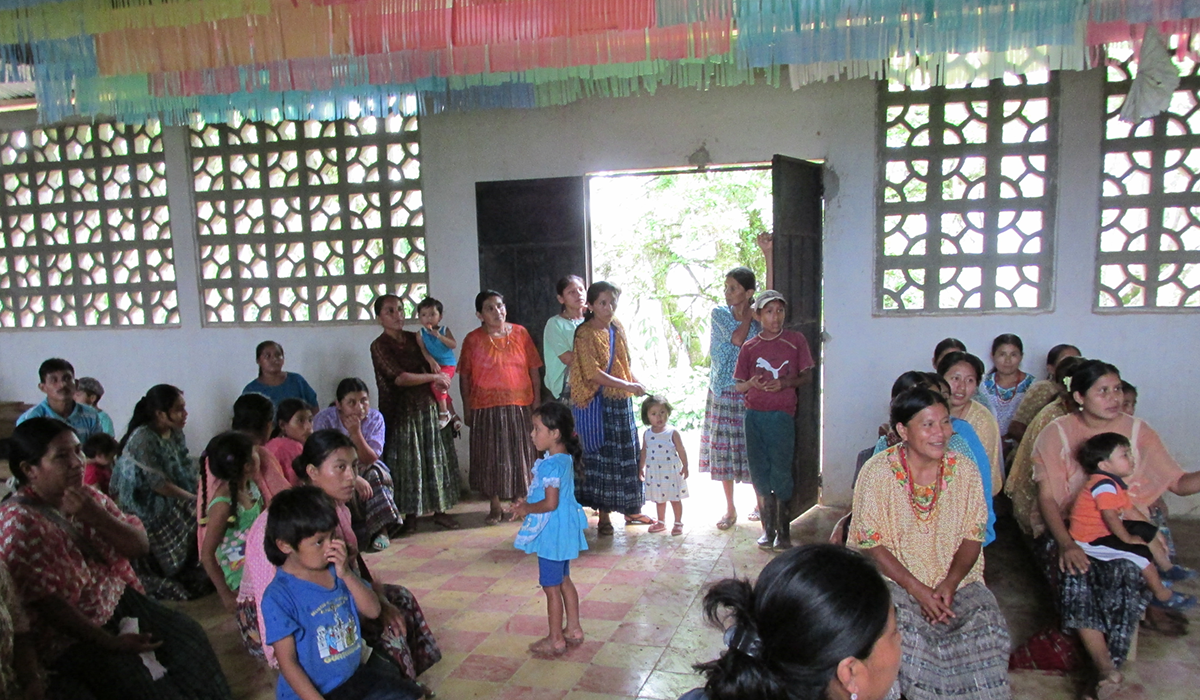
In the past two decades, economic science, and economic development in particular, has experienced a fundamental shift in its understanding of the decision-making process of the economic agent. Once dominant models of human decision making, based on reductionist and mechanistic frameworks, have been shown to be inefficient and ineffective at producing interventions that adequately address the numerous challenges faced by developed and developing countries.
In order to understand the reasons for these shortcomings, economists have embarked on more data-driven research by expanding the use of experimental and behavioral research methods. These new efforts have produced an abundance of valuable results demonstrating plausible identification of short-term impacts of policies and programs intended to spur economic development and improvements in human well-being. However, despite the value of this “scientific revolution” in the field of economics, the new methods still fall short of identifying efficient and sustainable pathways to economic development. These new methods fall short of their full promise because they continue to rely on inaccurate individualistic, self-utility maximizing assumptions in the decision-making process of the human person.
To address these shortcomings, faculty in the Department of Economics developed in 2011 a new methodology, Integral Economic Development; a revolutionary new approach to economic science, which, through a more accurate understanding of the human person - one that acknowledges the person’s fundamental social nature-, has been able to generate more efficient and sustainable economic development outcomes.
The methodology has proven to be effective an impactful. It has been implemented across fields and around the world, both at the policy level and in the field, and its impact has improved the life of hundreds of thousands of persons.
Responding to new international interests for sustainable development

The acknowledgement of the limitations of reductionist forms of analysis is not only occurring in the economics science, but also across other disciplines. Among others, scientist in the healthcare field have highlighted the need to statistically strengthen clinical research; the relevance of incorporating socioeconomic, political, and behavioral factors to measure outcomes, as they influence patients’ burden of disease, access to treatment and health outcomes; and the importance of understanding research and health clinical services in an integrated manner. In technology, artificial inteligence and big data have challenged computer scientists, engineers, biologists, governments, and businesses, to address complexity in order to engage, design, and effectively utilize magine learning and large amounts of data. This has also been the case for large infrastructural efforts, where the trend towards multidimensional interventions rather than single focused ones is also gathering attention.
International organizations have also engaged in the effort of integrating knowledge. Among others, the World Bank in 2021 developed a new startegic framework to realize it knowledge potential for effective development solution; the European Commission (EC) embarked on tinitiatives aimed at improving measures of progress, wealth, and well-being; and the Organization for Economic Cooperation and Development (OECD) has committed to to generate high-quality, facts-based information that can be used by all of society to form a shared view of societal well-being and its evolution over time.
“Integral economic development” is an economic theory and methodology that is based on the acknowledgement that economic agents are fundamentally social and relational beings who make decisions and maximize as such, while embedded in complex institutional realities.
